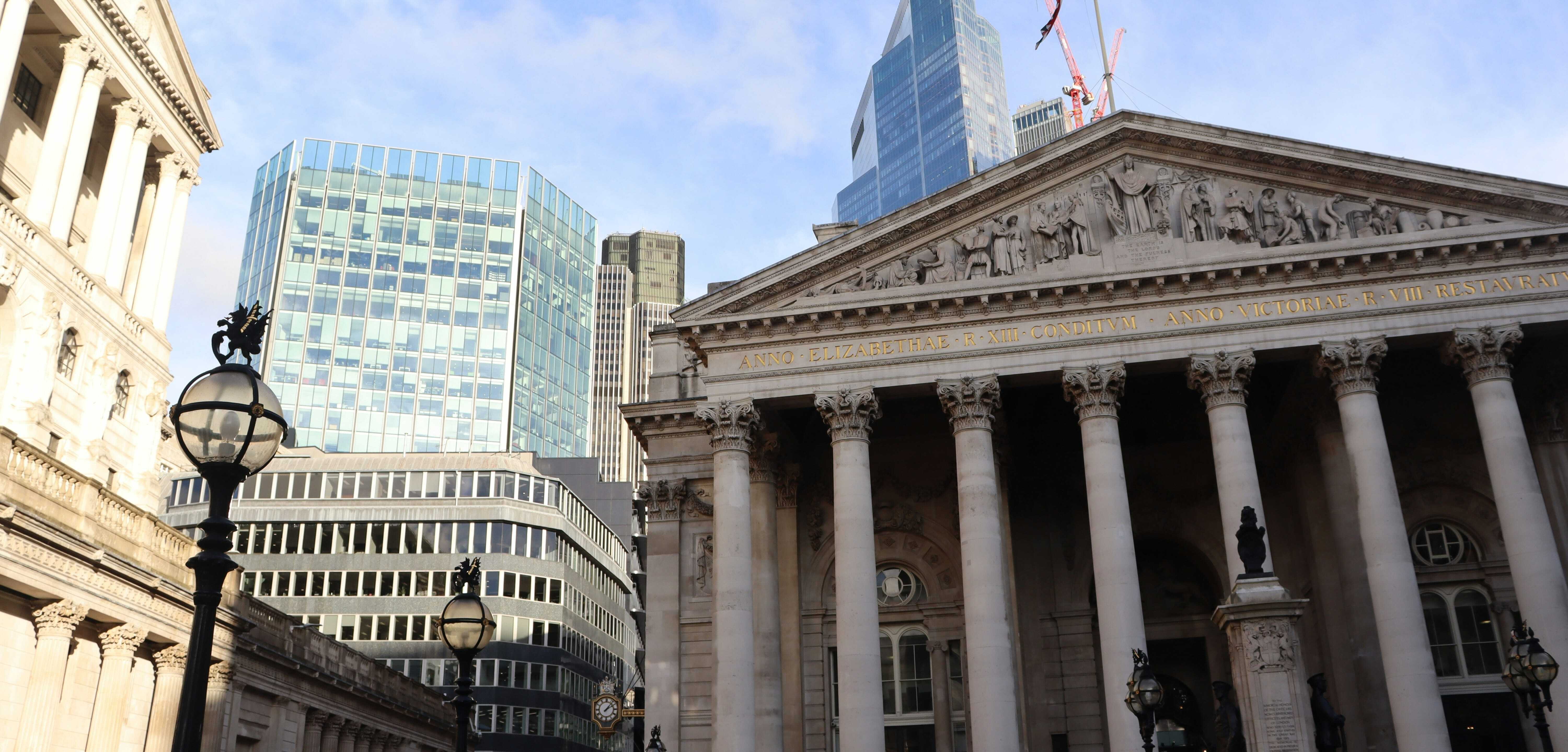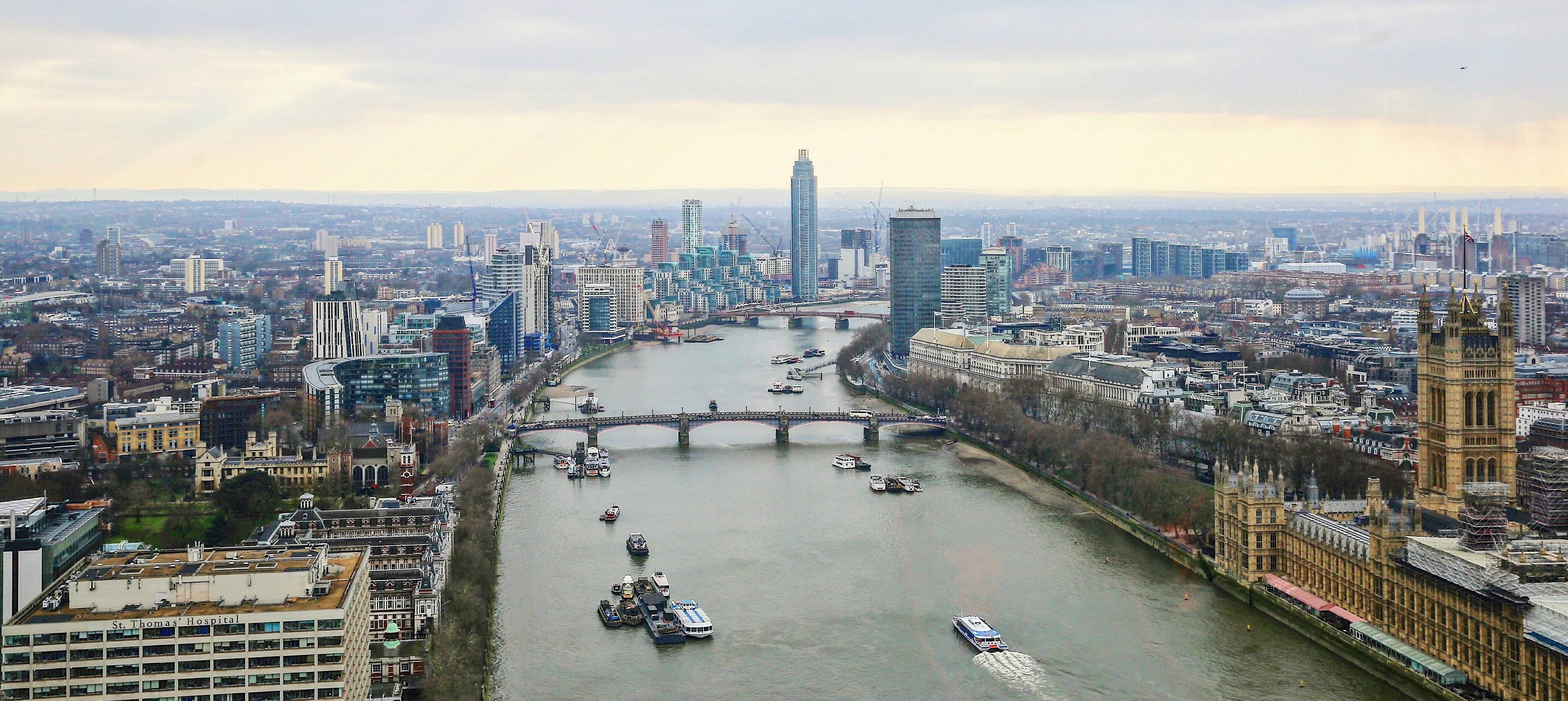
London – high prices, high rewards
London is one of the world’s most renowned property markets – and for good reason. While prices are no doubt high (far higher than the UK average), impressive rental returns continue to attract property investors from the world over. But should you join them? To help you answer that question, we’ve taken a closer look at London, its property market, demographics, and beyond.
London’s property market
Housing market
At £543,100, London has by far the highest average house price in the UK. In certain areas of Inner London, that rises to over £1m. This paints London as a haven for high rental income, but, for first-time investors especially, an inaccessible starting point. In fact, over one fifth of all properties sold in London in the year up to August 2022 were sold for over £1m.
That said, high prices have not prevented capital growth. Although growth lags behind the UK average of 10.3% in the past 12 months, it still sits at a respectable 6.5%.
Outer London looks like the best place for most investors to capitalise on this growth – where the barriers to entry are far lower. The average price for a flat or maisonette in Outer London is £360,000. Though still considerably beyond the UK average, these at least represent a more affordable option for investors set on London.
Buy-to-let market
The rental market in London remains one of the strongest in the country. With a thriving student population and a growing number of young professionals in skilled jobs, London delivers higher-than-average rents for investors and the prospect of sharp growth in the future. Demand for rental properties in London is always high, which continues to drive rental prices higher year on year as supply struggles to keep up.
This imbalance between supply and demand is causing rental prices to surge in London. In fact, average rents rose almost 15% last year, and look set to keep growing as many landlords pass on their own increasing costs.
This is causing both Inner London and London as a whole to outperform the rest of the UK on rental prices. The city’s average monthly rent now stands at £2,011, up from £1,752 in 2021.
This means that, for investors with the budget to brave the high initial costs, London represents a great option for regular rental income. And the chances are that, with demand continuing to outstrip supply, this will continue to be the case for the foreseeable future.
London’s demographics
Population
As of 2022, London’s population stood at over 9,500,000 people – a 1.2% increase year-on-year. This continues a steady increase dating back all the way to 2002, when the population stood at ~7,400,000.
London's population boasts an average age of 36.6 years – increasingly comprised of young, skilled professionals. This compares to an average age of over 40 for the rest of the UK. This youthful demographic plays into the hands of buy-to-let investors, with a younger population more likely to rent than buy (especially as prices continue to boom).
Salaries & employment
As the UK’s capital city and one of Europe’s leading financial districts, London offers competitive salary opportunities. Average annual salaries in the city hover around £57,000 – far above the UK average of £33,100.
What’s more, unemployment in London is decreasing. In Q4 2022, it dropped from 5.1% to 4.5%. This sees it approach the historic low of December 2018, when it fell to 4.2%.
Crime
Certain types of crime are prevalent in London. Theft is four times more common in London than the rest of the UK, growing 70% between August 2021-July 2022. Robbery crime is nearly triple the national rate, while vehicle crime is almost double.
Expected regional investment
London is one of the most promising cities for investment – both foreign and domestic. Many of the world’s largest organisations have a presence there – especially in financial services, in line with its position as one of the world’s most competitive financial marketplaces. These include Goldman Sachs and JP Morgan, as well as professional services firms like PwC, Deloitte, EY and KPMG.
Despite only possessing 13% of the country’s population, the city as a whole generates approximately 22% of the UK’s total GDP. This makes London vital to Britain’s economy. London consistently leads the UK in Foreign Direct Investment (FDI), attracting 63 financial services projects in 2021. A survey of investors placed London as the most attractive place to invest in Europe.
Many of these investors are attracted to the city’s skilled workforce of more than 4,000,000 people, speaking hundreds of languages. In total, London is home to 46,000 tech companies.
London also has a fast-growing property development sector, with commercial property alone generating £14bn of investment in 2021. Landmark projects include Regent’s Crescent, Chelsea Barracks, Mayfair Park Residences, and West End Gate. These projects have helped London top the European rankings for property investor confidence.
But it’s not all about shiny new residential developments in Central London. Since the London 2012 Olympic Games, London has launched a number of regeneration projects to level up the entire city, and drive future growth. This includes Thamesmead, Old Oak Common, Park Royal, and Crossrail. Thamesmead is a 30-year plan to regenerate the local neighbourhood, with the prospect of 8,000 new homes, 4,000 new jobs and improvements to canals. Crossrail is the Government’s landmark £14.8bn investment to enhance rail links in London, expected to boost the UK economy by £20bn.
Buy-to-let in London: should you invest?
If you can stomach the high prices, there are rental rewards to be found in London. To discuss your options and browse the latest London opportunities, book your free, no-obligation consultation to find out.
Finding your buy-to-let property
GetGround's property marketplace hosts a range of vetted new-build and second-hand properties that investors can use to start or build their portfolios. GG Search helps you make an informed decision about your next property investment by equipping you with interactive costs and returns reports. Ready to find your next buy-to-let investment?
Joe Carbonaro
Discover our recent property investing articles:
The Impact of Interest Rate Drops on UK Property Investors
On February 6th, 2025, the Bank of England announced a reduction in its base interest rate from 4.75% to 4.50%. Although an expected announcement, ...
Best Investment Property Locations in 2025: UK Regional Hotspots
The UK property market is becoming increasingly regionalised, with significant differences in growth potential, rental yields, and demand across the ...
How Economic Factors Can Impact UK Landlords
Even with the recent volatility of the UK economic market, the UK property market has remained resilient with homeowners and property investors still ...


